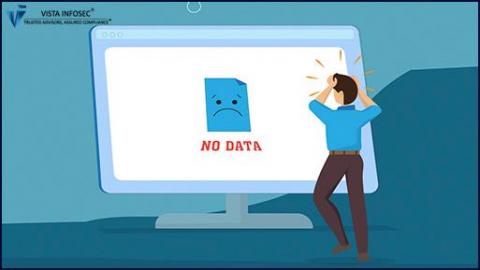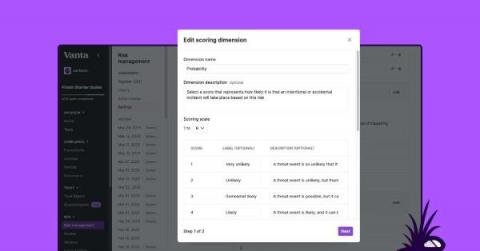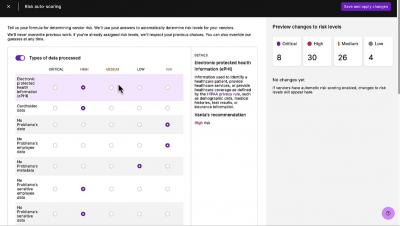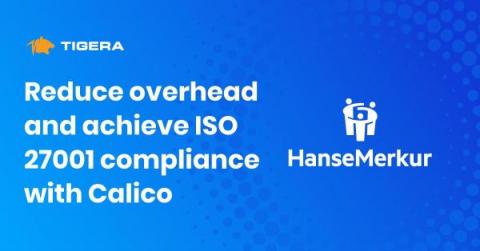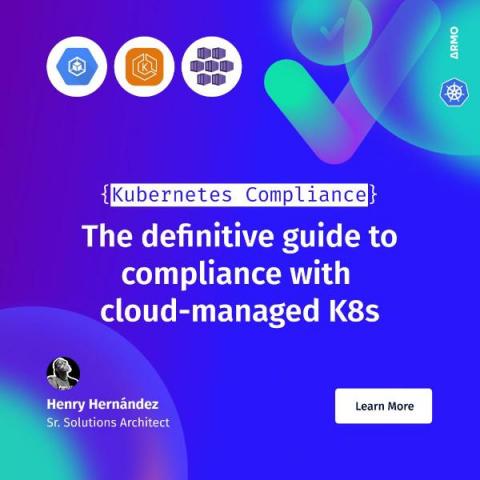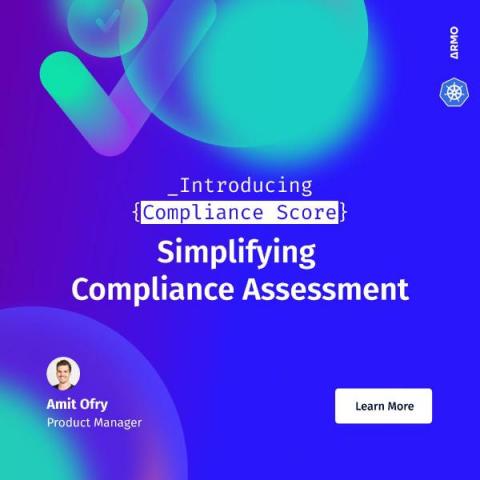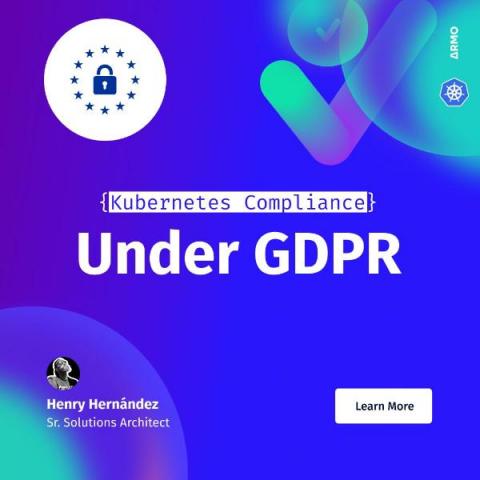What to do if your company suffers a data breach
Becoming aware that your company has suffered a data breach can be unsettling. However, due to the nature of cybercriminal activity, it is crucial to react quickly and correctly to contain the incident, minimize any further damages, and protect your business from legal troubles. Data breaches are affecting millions of people across the globe, with over 340 million records already compromised in 2023 headline cases and new incidents surfacing every week.


